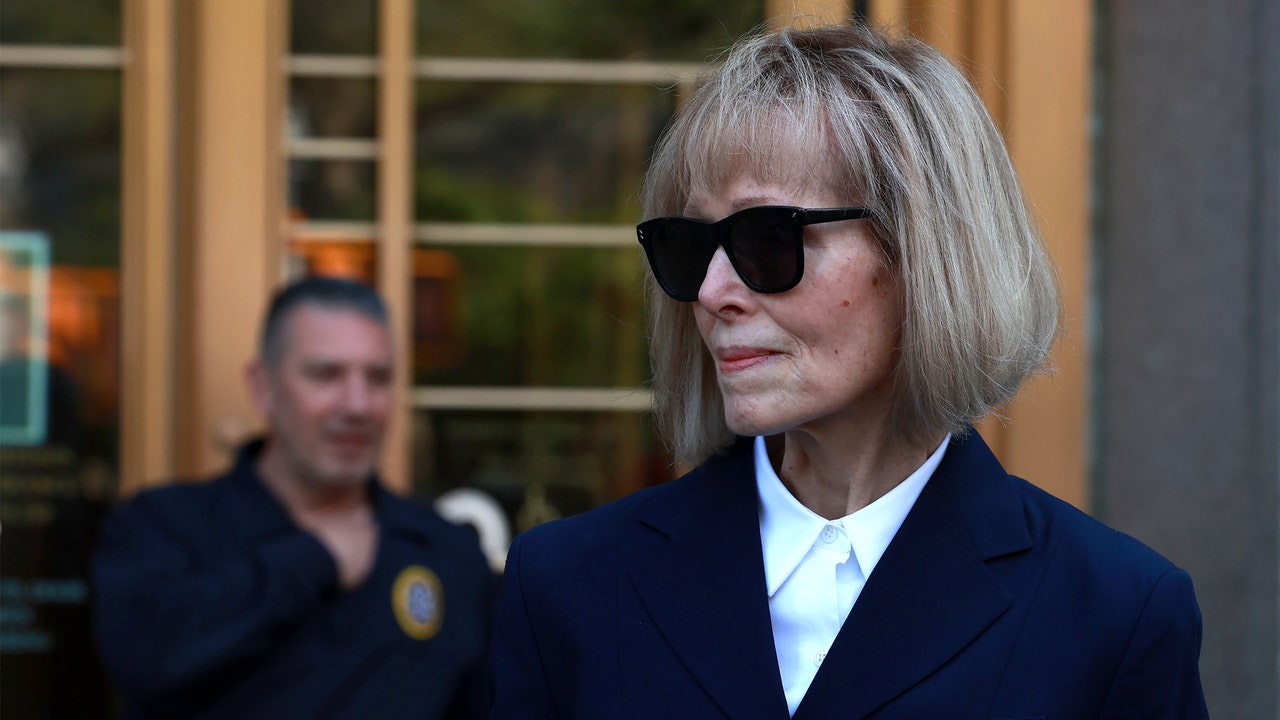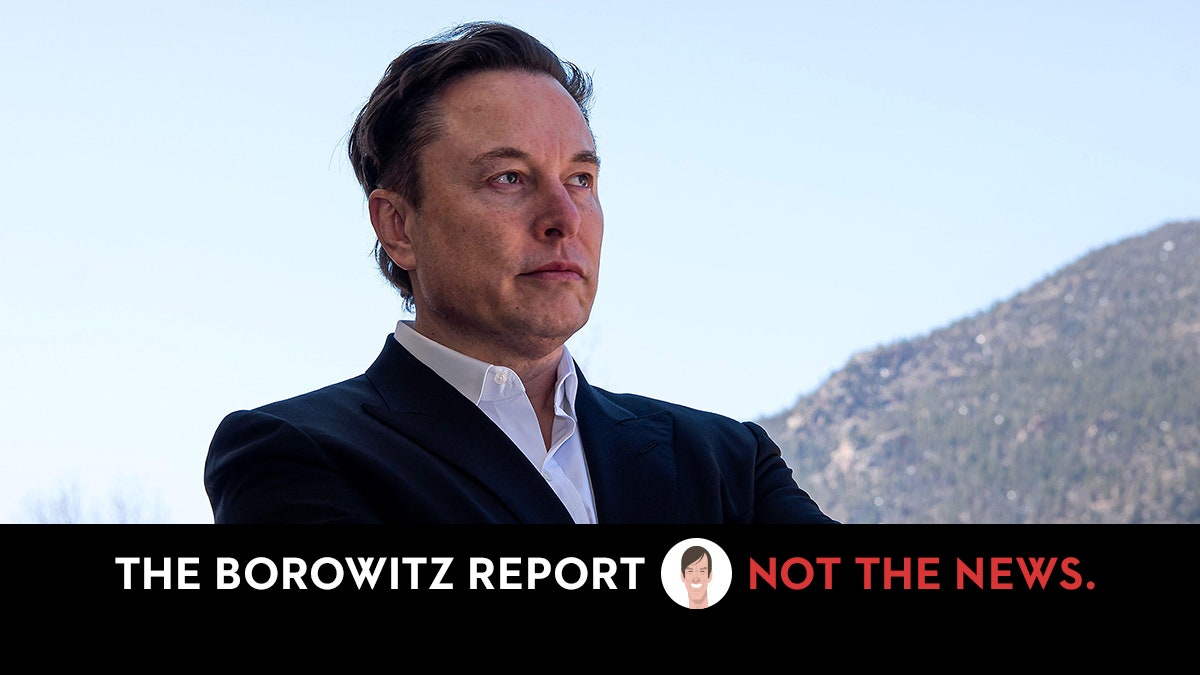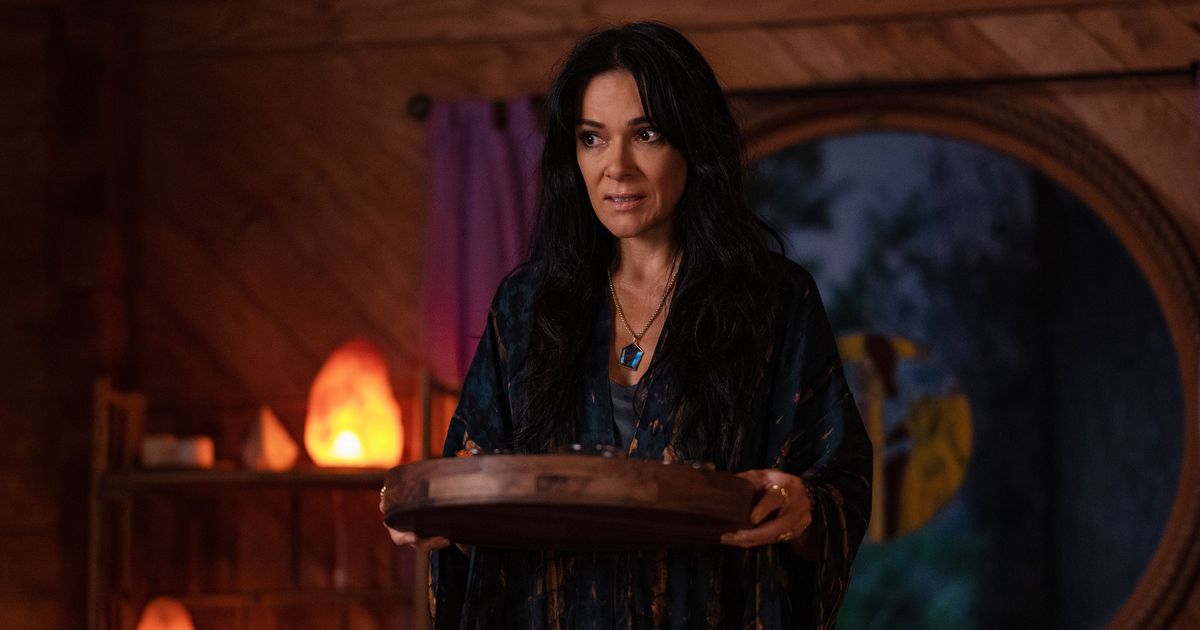Will Trump’s Crimes Matter on the Campaign Trail?

For the past two weeks, in a courtroom in lower Manhattan, the journalist E. Jean Carroll has made a straightforward case: a quarter century ago, she says, Donald Trump raped her. The account she gave in the courtroom was the same as it has been since she first revealed this story, in an excerpt of her memoir which was published in New York magazine, in 2019. Carroll had a chance encounter with Trump in Bergdorf Goodman, she has said, and, flirting, she and Trump moved through the store, picking up a lacy bodysuit and going together into an unlocked dressing room. Maybe she should try the bodysuit on, he suggested. Maybe he should try it on, she suggested. Then, according to Carroll, Trump pulled down her tights, pushed her against the wall, and raped her. Within a few days, Carroll told two friends of the attack: the writer Lisa Birnbach, and the television anchor Carol Martin. Both of them testified this week, and Martin acknowledged that she had initially advised Carroll not to go public, saying, “I just volunteered that she shouldn’t do anything because it was Donald Trump and he had a lot of attorneys and he would just bury her.”
Now Carroll has a prominent attorney, too: Roberta Kaplan, who famously represented Edie Windsor in the Supreme Court case that struck down the Defense of Marriage Act. In order to establish a pattern of behavior, Kaplan this week called two other witnesses who said that they had been sexually assaulted by the former President. A stockbroker named Jessica Leeds said that Trump groped her on a flight in the late nineteen-seventies—when he was not yet famous—sending her fleeing from first class to coach. Natasha Stoynoff, a People magazine writer, alleged that, while she was on assignment to interview Donald and Melania Trump at Mar-a-Lago, in 2005, Donald Trump had shut a door, trapping her in a room with him, and forcibly kissed her before being interrupted by a butler. Carroll’s story has, from the start, been missing a few details that Kaplan would like to have: there is no physical evidence (no sales receipt, no security-camera footage) to confirm that she and Trump were ever in Bergdorf together, or even that she had been there at all. And Carroll could only place the timing of the alleged assault in late 1995 or early 1996. Trump has denied all of this. But the presence of Leeds and Stoynoff on the witness stand was a reminder of how often Trump has been accused of sexual assault and misconduct (by more than two dozen women, in a period of several decades) and what an enormous conspiracy, or coincidence, it would be if they were all making it up.
A basic uncertainty has shadowed the court proceedings this week. Does this story amount to a political cataclysm or nothing at all? If you just describe the situation neutrally, like a news anchor might—a civil suit in which a magazine writer has accused the former President of the United States of rape will go to a jury trial next week—then it certainly sounds like front-page material. And yet it simply hasn’t been. The trial didn’t crack the front page of the Times last week, losing out to the latest economic news, the war in Sudan, warnings about artificial intelligence, the ongoing effort to bin New York’s trash, and the tsunami of press surrounding the killing of an unhoused person on the subway. Even the courtroom itself, by week’s end, was just about half full. Had you been in lower Manhattan, and interested, you could have just wandered in.
I suspect there are two reasons that the trial hasn’t been bigger news. First, its details aren’t really news at all. As with many of the other investigations of the former President (in New York, for allegedly falsifying business records related to the hush money paid to Stormy Daniels; in Georgia, for allegedly seeking to persuade election officials to overturn the results of the 2020 Presidential election; in Washington, D.C., for allegedly refusing to return classified documents and for his actions surrounding the January 6, 2021, Capitol riot), the basic story has mostly been told in the press, even if it has never before been presented in a court. Perhaps more significantly, Trump has faced two impeachments, and countless accusations of wrongdoing. He fomented an insurrection. And yet his approval rating and political position are, on the whole, pretty much unchanged. (According to FiveThirtyEight’s rolling averages, about forty-five per cent of Americans view him favorably, and fifty-one per cent unfavorably.) It sometimes seems that Trump’s superpower is to have been accused of so many transgressions that no single one can change the public’s perception of him.
But that might underestimate how much even a small amount of tractability could matter. The margins in American politics are tiny right now. Trump first won the Presidency, and then lost it, because of shifts of tens of thousands of voters in a few critical states. Earlier this year, Ron DeSantis briefly threatened Trump’s position as Republican standard-bearer because of Trump’s insistence on relitigating the 2020 election and his promotion of subpar Republican candidates willing to do the same. Then DeSantis took some extreme social-conservative stances, and Trump effectively mocked him. In each case, events happened, minds changed. The story of Trump’s ascendence has never been only about the diehards who back him no matter what. His final coalitions have always depended on those who are willing to make excuses for him—Republican politicians and operatives, and swing voters—and his elections have swung on what they will and will not abide.
Jury trials are unpleasant affairs for most politicians—in Israel, Benjamin Netanyahu is presently assenting to a far-right takeover of his country’s government in order to overhaul the country’s judicial system amid his own corruption trial—and Trump himself seems to be taking his legal troubles seriously. As his indictment in the Stormy Daniels case approached, the former President reportedly fixated on stage management. (Would there be a perp walk? A mug shot?) Though his media profile is still vast, he does not currently have the same ability he had, in 2016 and during his Presidency, to displace a story he did not like by doing or saying something wild. Trump has been saying plenty of bizarre things lately, among them that, if reëlected, he plans to make homelessness illegal, and to forcibly remove homeless people from city centers to camps of “high-quality tents” in the suburbs. But the media has largely ignored them. In a video deposition that played at the trial this week, Trump said, “She’s accusing me of rape—of raping her, the worst thing you can do, the worst charge.”
If the Carroll case is a first glimpse at how Trump plans to fight any upcoming trials, then his team has got off to a rocky start. Trump wavered on basic strategy; he told Sky News that he would likely fly to New York to testify, but on the same day his courtroom lawyer, Joe Tacopina, said that he would not mount a defense, essentially counting on the jury to find that Carroll had not met her burden of proof. (The judge in the case, perhaps hinting that might not be so wise, told Tacopina he would consider any change in plan as late as Sunday.)
But what the Carroll case has begun to suggest is that the gravity of these charges may be difficult to stage-manage away, or to strategize against: rape, election fraud, sedition. When accusations of this magnitude move from the realm of political ads to detailed accounts on the witness stand, they may become harder to ignore. One way to read the politics around Trump right now is that, with partisan allegiances so entrenched, nothing matters. But another interpretation is more compelling: with margins so tight, everything does. ♦










